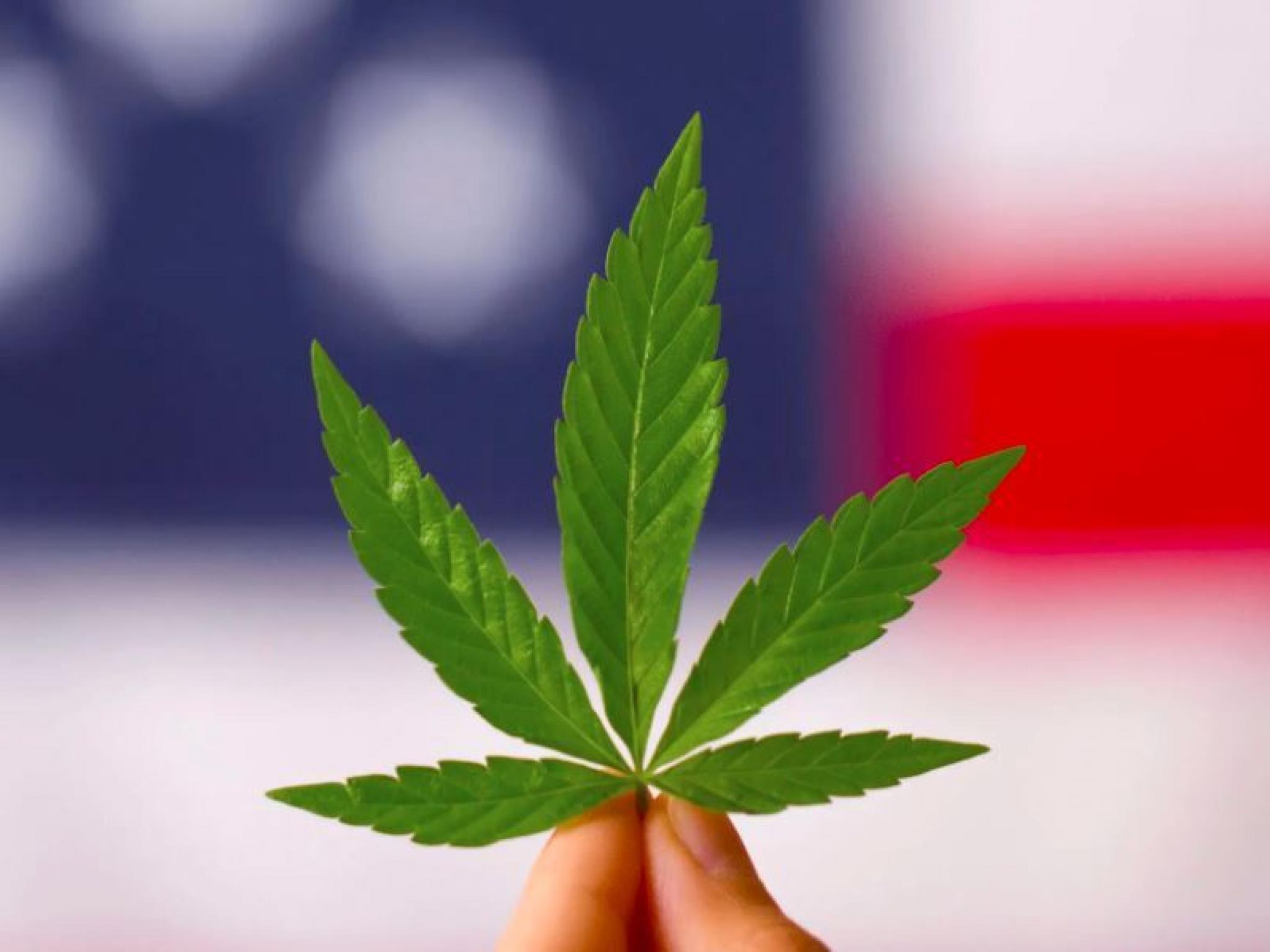
A new report warned that cannabis growers have no access to federal bankruptcy protection, thue 'undermining' the industry’s potential. This is because marijuana is still classified by federal law as an illicit substance.
According to the Cannabis Law Journal, the fact that cannabis remains a Schedule 1 drug allows the Controlled Substance Act (CSA) to block bankruptcy relief to businesses that sell the product, acting as “the boogeyman of bankruptcy jurisprudence,” stated the report, written by Travis Stewart, a law student at the University of Nevada, Las Vegas.
As long as the plant remains illegal at the federal level, cannabis-related debtors (CDRs) cannot receive bankruptcy relief, resulting in totally disparate treatment of them.
However, the incipient legal 'weed' industry has become a powerful economic driver in many states. Since August 2022, almost 20 states and DC have passed legislation allowing personal possession and consumption of marijuana.
Cannabis-Related Debtors Should Be Protected By Law Like Others
Creditors and debtors have far different terms of their agreements because the creditors’ ability to bargain is constrained by federal ban, noted The Crime Report, which argues this violates Constitutional protections enshrined in Article I, Section 8, Clause 4 of the Constitution, which grants Congress the power “to establish … uniform Laws on the subject of Bankruptcies throughout the United States.”
Additionally, the report stated that the CSA's ban on debtors seeking bankruptcy relief changes the relationship between them and their creditors. “[Cannabis debtors] and their creditors would be better served if both the U.S. Trustee and bankruptcy courts treated [them] like any other business that files for bankruptcy.”
The easiest solution, but unlikely given the political hurdles, is to remove cannabis as a Schedule 1 substance. Nevertheless, the author said it should be regarded as an economic priority.
“As of 2022, approximately 428,000 jobs are supported by the cannabis industry in the United States. If Congress legalizes cannabis federally, this jobs figure could be as high as 1.75 million,” reads Stewart's report.
“Even without federal legalization, the number of Americans relying on the cannabis industry for economic well-being is too large to continue CRD’s pariah-like treatment within Bankruptcy.”
Finally, Stewart recommended in the report that marijuana debtors should establish more than one income stream. “A diversified income stream may be CRDs best path to successfully achieve plan confirmation until cannabis is federally decriminalized."
Image by El Planteo







